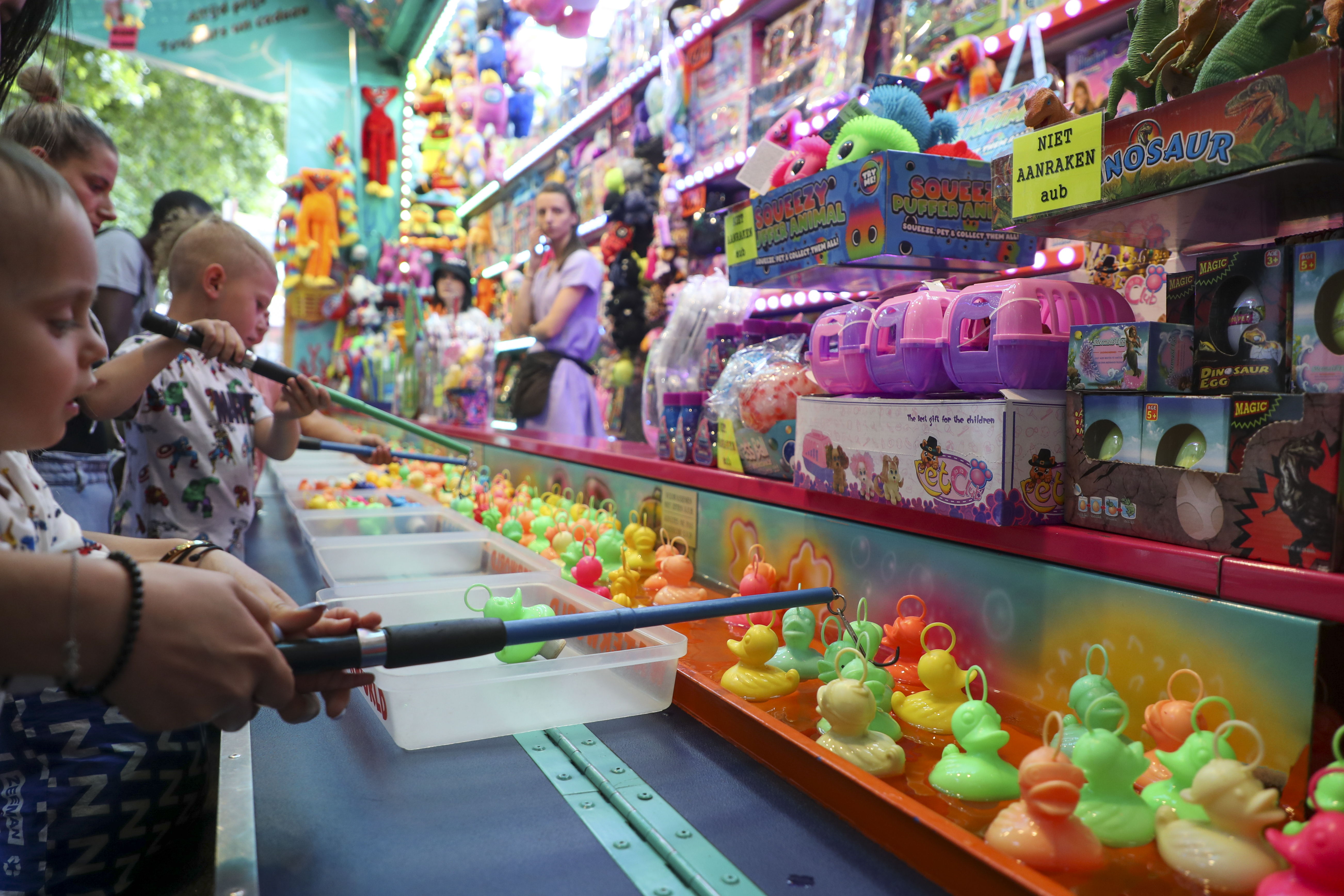UNESCO recognises Belgian and French fairground culture as intangible heritage

UNESCO has recognised French and Belgian fairground culture as intangible cultural heritage, Brussels state secretary Ans Persoons on Wednesday at the 'Winter Wonders' event in the Belgian capital.
The dossier on fairground culture was originally submitted by Belgium and France in 2021. On Wednesday, the UNESCO Committee for the Protection of the Intangible Heritage announced that it had approved the proposal.
"Fairground culture is a tradition that has been passed down from generation to generation," Persoons said on Wednesday. "Heritage is about much more than buildings, it is also about cherishing our evolving customs and traditions. Fairground culture is a perfect example of this living heritage."
"Heritage is about much more than buildings, it is also about cherishing our evolving customs and traditions"
Medieval roots
Fairground culture in France and Belgium has its roots in medieval traditions of travelling acrobats and carnivals. It was not until the late 19th century that fairs evolved into their current form, with food stalls, games of chance and merry-go-rounds.
In Belgium, the fairs in Liège, Antwerp and Brussels are the most famous. There are around 850 family-run businesses in its national fair community - 330 in Wallonia, 75 in Brussels and 440 in Flanders, employing around 7,000 people.
In France, the Foire du Trône in Paris and the fairs in Lille and Strasbourg are among the largest in the world. Nationally, they involve around 100,000 people and 40,000 companies.
Franco-Belgian cooperation
"This [recognition] helps to preserve this culture and to recognise the place and role of fairground culture in our societies," said Xavier Lapeyre de Cabanes, French ambassador to Belgium. He also praised the cooperation between France and Belgium on the dossier.
Flemish minister for Culture Caroline Gennez also welcomed the recognition by UNESCO. "In a world where everything is changing, fairs have largely remained the same. (...) With UNESCO's recognition as intangible cultural heritage, we are ensuring that this tradition can continue for many years to come".
With UNESCO's recognition (...) we are ensuring that this tradition can continue for many years to come"
The fair joins other Belgian intangible heritage sites recognised by UNESCO, such as the beer culture, the shrimp fishing on horseback in Oostduinkerke and the Binche carnival.
© BELGA PHOTO NICOLAS MAETERLINCK
Related news
